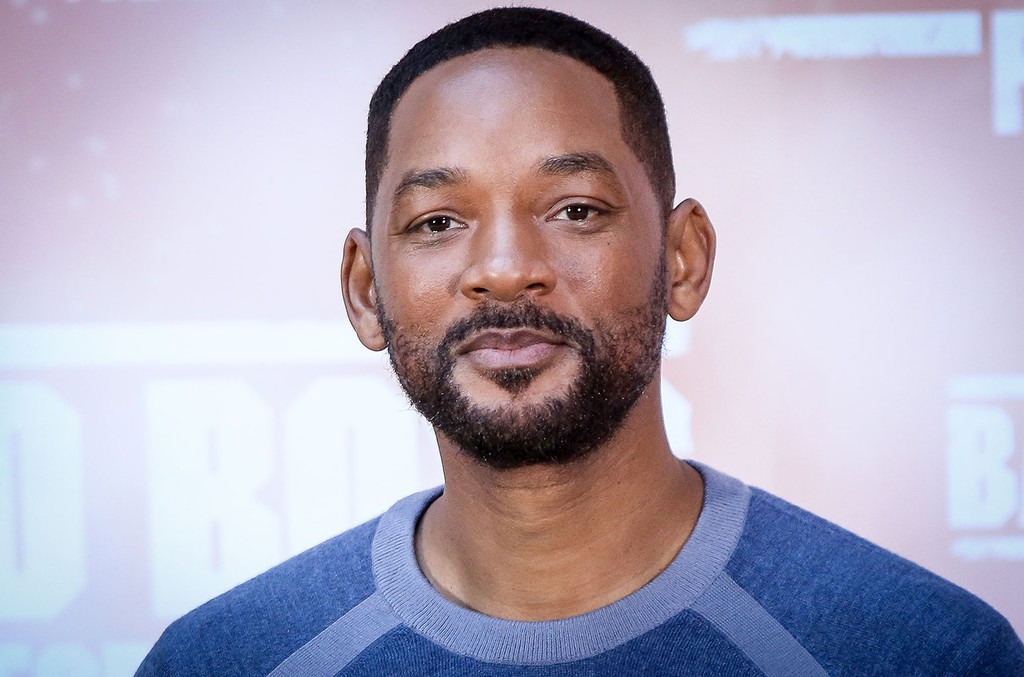Will Smith may be a Grammy-winning artist and blockbuster movie star, but he’s experienced racial prejudice too. The rapper-actor opened up during the “On One With Angela Rye” podcast Tuesday (July 7) to share his experiences growing up in Philadelphia during a conversation about the current Black Lives Matter movement that followed George Floyd’s death at the hands of police in May.
“I grew up under Mayor [Frank] Rizzo in Philadelphia. He went from the chief of police to becoming the mayor, and he had an iron hand,” explained the star. “I’ve been called a n—-r by the cops in Philly on more than 10 occasions. The police, when I was growing up, moved with impunity in Philly.”
The actor, now 51, also talked about how he felt about law enforcement when he was growing up. “I understand what it’s like to be in those circumstances with the police, to feel like you’ve been occupied — it’s an occupying force,” Smith said. “White kids were happy when the cops showed up, and my heart always started pounding. There’s a part of this that people who don’t grow up in that — you just can’t comprehend. You just can’t comprehend what it feels like to feel like you live in occupied territory.”
On the topic of Floyd’s murder by Minneapolis police, Smith said he watched the video in disbelief. “When I saw this cop with his hands in his pockets, I’m like, ‘What is going on inside of a person’s mind to just be able to do that to another person?!’ right?”
So the resulting anger from Floyd’s death that led to the marches around the globe is understandable to the star. “Rage is justified under oppression. It can also be really dangerous,” he pointed out. “And what I loved about the peaceful protests is peaceful protests put up a mirror to the demonic imagery of your oppressor. I was really encouraged by how powerfully this generation was able to hold that mirror.”
Smith, who has never starred in a film about slavery, also discussed his decision to be a part of the upcoming film Emancipation, which is based on the true story of a slave named Peter who escapes the South to join the Union Army. The actor explained that he had previously avoided such projects because he wanted to build an image that “young Black kids and kids around the world could aspire to.”
He added: “I needed to be as high, and fly as high, as I could possibly fly so that young Black kids would see — and really all kids — could see that type of flying as not something that only white movie stars could do.”
Smith concluded: “The reason I chose Emancipation now is more than ever, we have to understand the reality of where we came from.”
Listen to the interview below:

